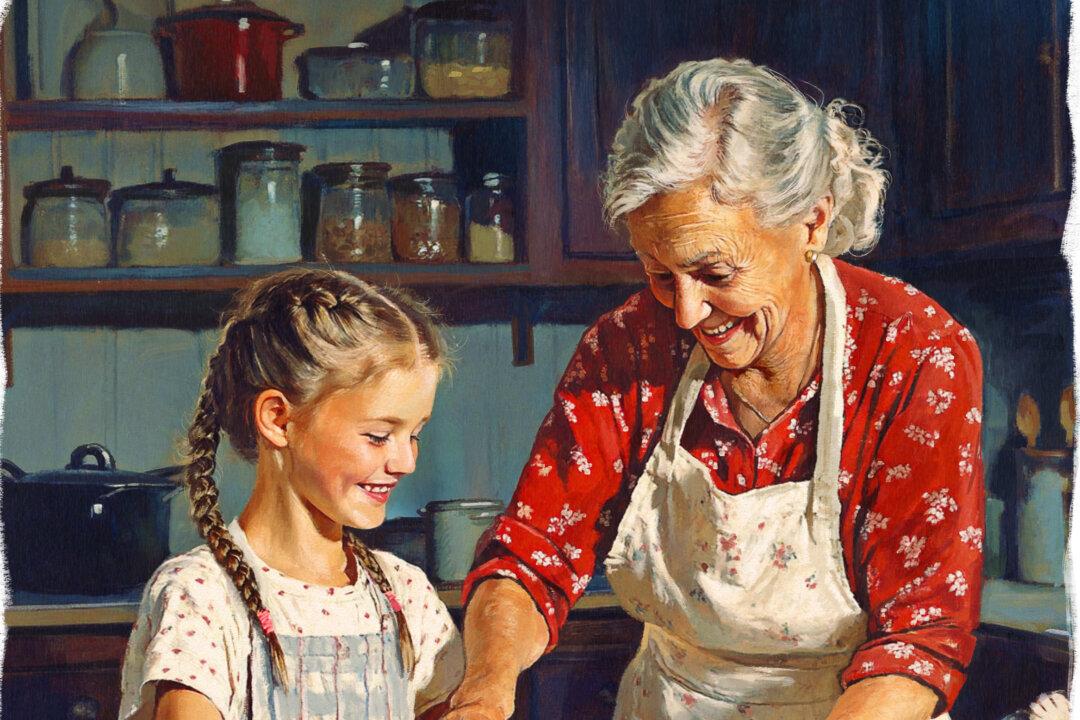Grandpa and Grandma, Pop-Pop and Nana, Granddaddy and Gran, Abuelito and Abuela, and in parts of the South, Papaw and Mamaw—these titles are badges of honor and endearment to grandparents.
Approximately 50 percent of Americans ages 50 to 64 are grandparents, with that figure rising to 80 percent for the 65-plus crowd, and a large number of them rank grandparenting as one of the great joys of their lives. For many, the responsibilities and pressures of parenting are gone, both because they’ve already raised their own children and because their interaction with their grandkids is a completely different experience. Grandpa is the guy who slips the 7-year-old a stick of gum and tells “knock-knock” jokes, while grandma teaches the 11-year-old how to make chocolate chip cookies and how to braid her hair.






